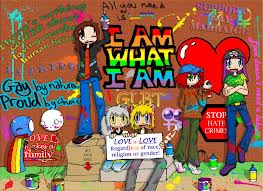But the other half are from straight allies, of whom there appear to be legions. One woman complained, “Men are deceiving me too much, so I want to join your LGBT please.” My favorite was, “I wish God has blessed me like you. I am not a gay but I respect and love so so much. May you live to always help mankind.”
By curious coincidence, this whole matter has unfolded while I am in India promoting a book that deals in large part with how any condition may go from being perceived as an illness to being lived as an identity. It draws on my experience of such a transition for gay people in the United States. When I first visited India, some 20 years ago, the only clearly gay people were destitute and marginalized. On my second trip, in the late 1990s, I met a subculture of rather soigné gay people, but their faces flushed whenever the thing we had in common was acknowledged. At the Jaipur Literature Festival last month, the “gay panel” attracted more than a thousand people who complained of the hideous prejudice they faced in India — but who were emboldened to object publicly to the problem in a tone that anticipated its ultimate resolution.
In Ghana, the articles that attacked President Mahama for knowing me referenced “the raging national debate on gay and lesbian rights” in Ghana. That there is such a debate — even if it’s a debate about whether to lynch us — is meaningful progress. The fact that local propagandists can plausibly suggest that the president of a West African country is in the hands of gay lobbyists reflects a changing world. I hope that President Mahama will seize this occasion to take a leadership role in the region on L.G.B.T. rights. The fact that so many people from his country wrote to me when the scandal broke indicates that many are thinking through these issues. I hope the time is not far off when to know someone like me will be less of a liability and more of an asset.
Andrew Solomon is the author, most recently, of “Far From the Tree: Parents, Children, and the Search for Identity.”










